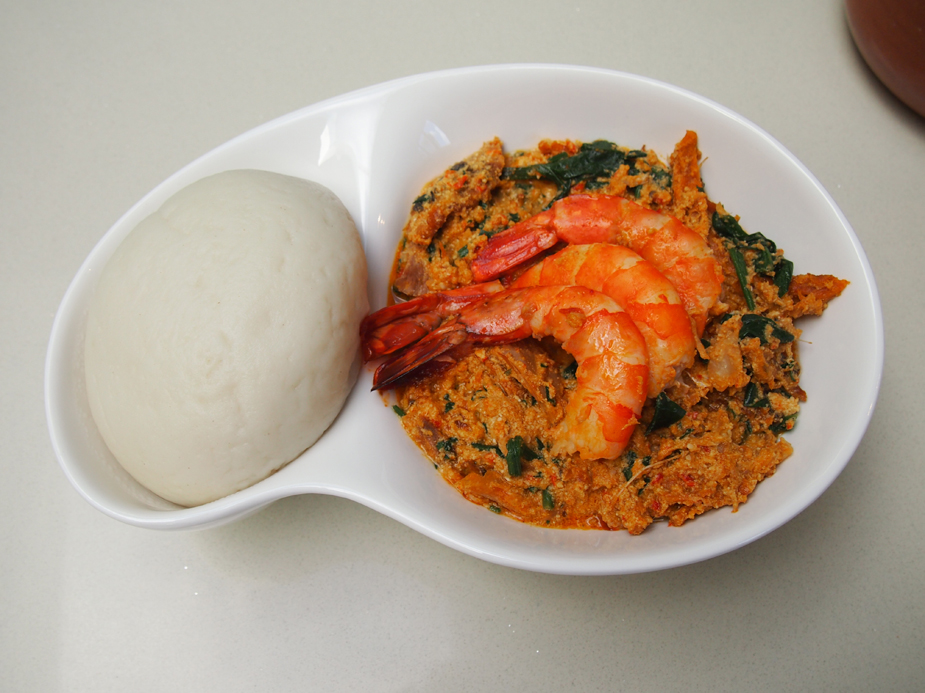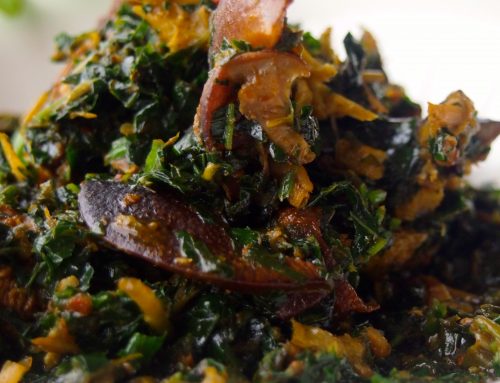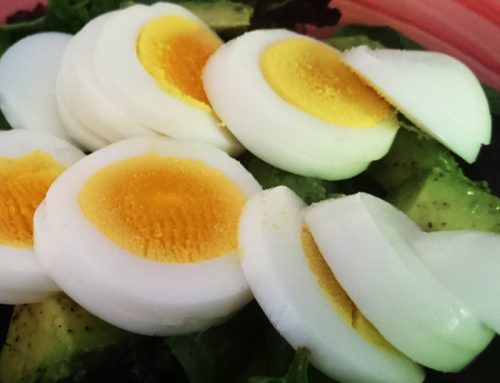 Fundamentally, not much. We eat vegetables, meat, fish, pulses, grains, tubers and fruit. Most of our food is eaten as nature intended, with minimal processing. In this, we are ahead of the Western world where much of their diets are heavily processed. I would go as far as to say that no home-grown Nigerian food is intrinsically unhealthy. That’s not to say that there are no problem items on our menu; imported packets of noodles with long ingredient lists that have 10 or more artificial additives including TBHQ, (I will write about food additives and Nigerian regulation later** As promised, click here) and sugar-loaded drinks can lead to poor health in some diets.
Fundamentally, not much. We eat vegetables, meat, fish, pulses, grains, tubers and fruit. Most of our food is eaten as nature intended, with minimal processing. In this, we are ahead of the Western world where much of their diets are heavily processed. I would go as far as to say that no home-grown Nigerian food is intrinsically unhealthy. That’s not to say that there are no problem items on our menu; imported packets of noodles with long ingredient lists that have 10 or more artificial additives including TBHQ, (I will write about food additives and Nigerian regulation later** As promised, click here) and sugar-loaded drinks can lead to poor health in some diets.
If we all adopted our great grandparents’ diets and lifestyles, we would be healthy. Eating traditional foods and working from sun-up to sun-down on our farms or trekking miles to market and back. Mountains of pounded yam or other ‘swallow’ with meat, fish and vegetables, lakes of beans with islands of yam, cocoyam or plantain, a huge calorie-count to fuel an equally huge energy expenditure.
We have the right foods to be healthy, what we don’t have is the exercise level to balance out eating like Great Grandpa and Great Grandma did. Unless one is a professional athlete in training or involved in a strenuous physical job like building houses, (oga Architect, arriving in your air-con 4×4 and strolling gently around the building site in a hard-hat, pointing at the blueprints that your assistant is holding up, I don’t mean you) we are probably taking on too many calories and even more likely, getting too high a proportion of our calories from the wrong sources. [Photo Credit: The Executive Mama Put]
Wetin you dey chop?
Major Abs’ Takeaway:
 Change your swallow proportions. Cut in half your usual portion of pounded yam, amala, garri, tuwo, starch, apu, etc. Eat slowly and drink water with your meal. If you get to the end of the meal and are still hungry, slowly eat an extra piece of meat or a bit more of the soup, use a teaspoon if a spoon is necessary. Slowing down and sipping water during the meal will allow your body to recognise the intake of food and register satiety sooner.
Change your swallow proportions. Cut in half your usual portion of pounded yam, amala, garri, tuwo, starch, apu, etc. Eat slowly and drink water with your meal. If you get to the end of the meal and are still hungry, slowly eat an extra piece of meat or a bit more of the soup, use a teaspoon if a spoon is necessary. Slowing down and sipping water during the meal will allow your body to recognise the intake of food and register satiety sooner.
**This is a weight-loss takeaway.






Leave a Reply